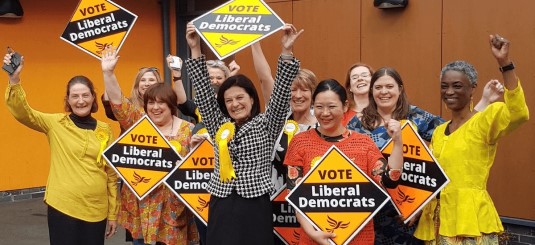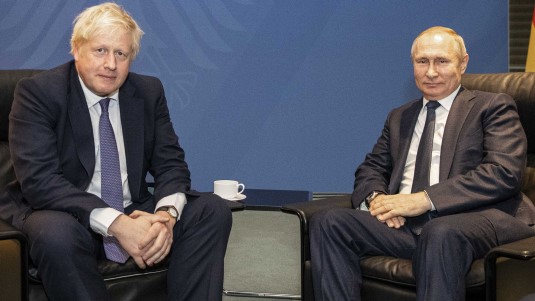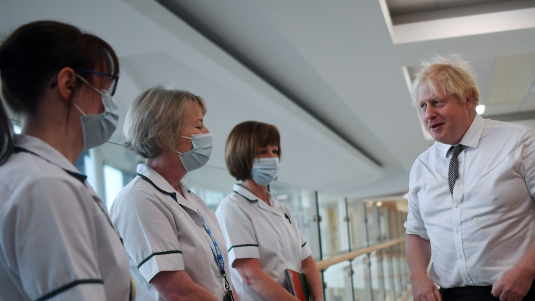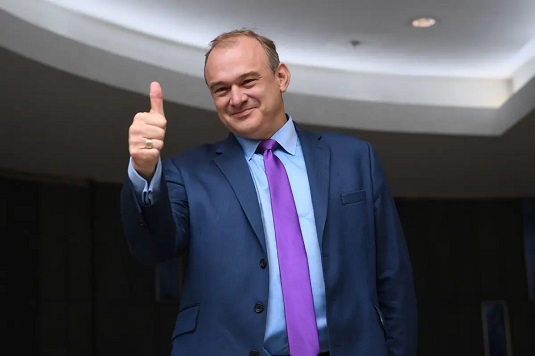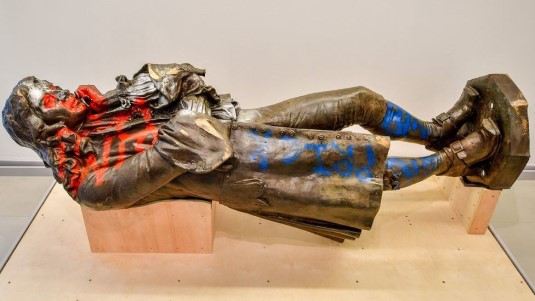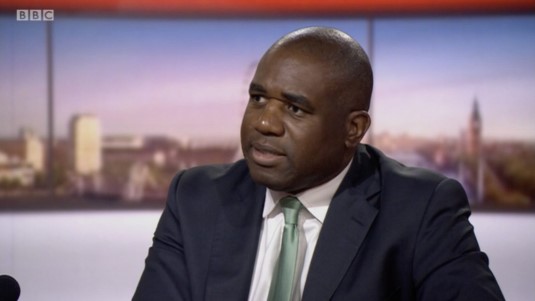
There are others taking advantage of the situation too. As the crisis broke on Thursday, the Labour leadership found time amid a hot war to issue threats against Labour MPs who signed Stop the War's latest statement. Pull the signatures or we pull the whip, said the party's leadership. The 11 names were duly dropped. The letter focuses its criticism on Britain and the bellicose role the Tories played in the lead up to Thursday's invasion. On the question of Ukraine's right to defend itself, let alone whether it deserves solidarity in the face of Putin's aggression, nothing is said. By focusing its critique on Britain, they say "In taking this position we do not endorse the nature or conduct of either the Russian or Ukrainian regimes." A weak statement then whose advice leaves those who take their cue from it rudderless on the central question of the conflict, in my opinion. But even this was too much for Labour's new management, who are ostentatious about their pro-NATO enthusiasm than the Tories.
On Sunday morning, the Labour right stepped up its war on the left with the comments made by Shadow Foreign Secretary David Lammy on Times Radio. He accused Jeremy Corbyn of "effectively parroting the lines that are coming from Vladimir Putin that suggest that this is because of threats from NATO, or NATO expansion." Yes, because "no to war in Ukraine" is the slogan emblazoned across every Russian tank as it heads into battle. Another example of using Corbyn to put what they think is electorally favourable distance between the party of its leftwing interlude and now? Yes, and they don't care if it, by insinuation, portrays people they share the green benches with as "traitors". It's not as if two MPs have been murdered in recent years or anything.
But there's also more to it than the usual rank manoeuvring. It's done with an eye to recasting politics. Starmerism, as much as it is a thing, isn't "Toryism" in a red rosette nor, for that matter, a rebranded Blairism. It is an authoritarian project that treats the party like a managed democracy. It has no time for members who expect to be more than leafleting and canvassing fodder because, in the best traditions of Fabianism, the big brains at the top have all the answers. They will make people's lives better by spending a bit more money here, a technocratic fix there, and getting on with the complicated business of government while everyone else carries on with their lives. For it to succeed, this project requires two things. A restitution of trust in state institutions. And new enclosures around what is "permitted" political debate. That is shutting down the spaces the Corbyn moment opened up and squeezing it into a circumscribed range of views. By shrinking the mainstream and forcing it down prescribed channels, Starmerism is working to restructure politics more broadly in a reverent direction. It's not about Blair-style cults of the personality, but ultimately closing off future avenues of dissent that will be politically costly to deal with. It's a politics of preparing ground for having faith in the leader and the state, and one that will allow him to govern as he sees fit.
Whether Russia achieves its objectives or Ukraine exacts a heavy price from Putin's forces, politicians away from the theatre of conflict are determined to have a good war. Keir Starmer is one of them.
